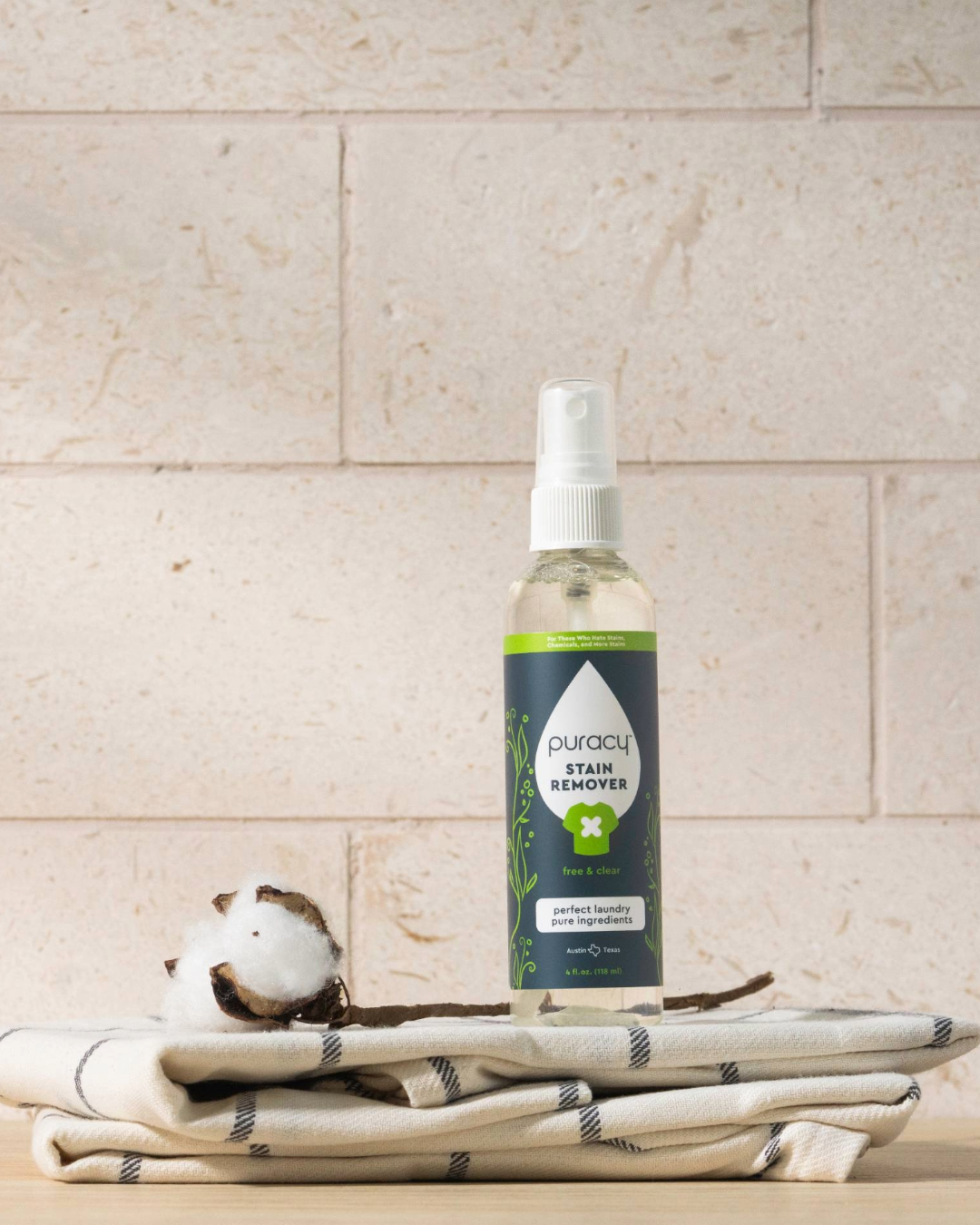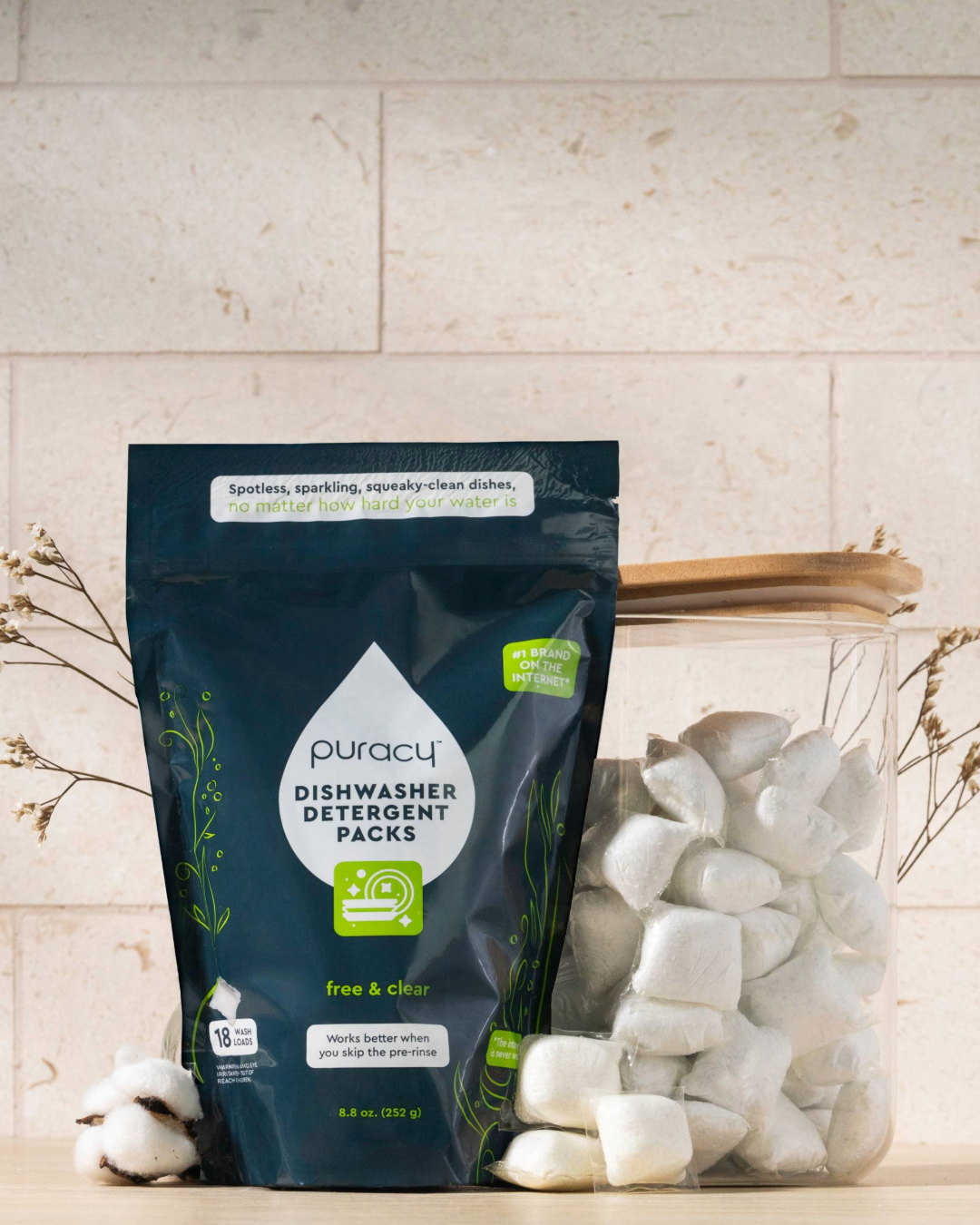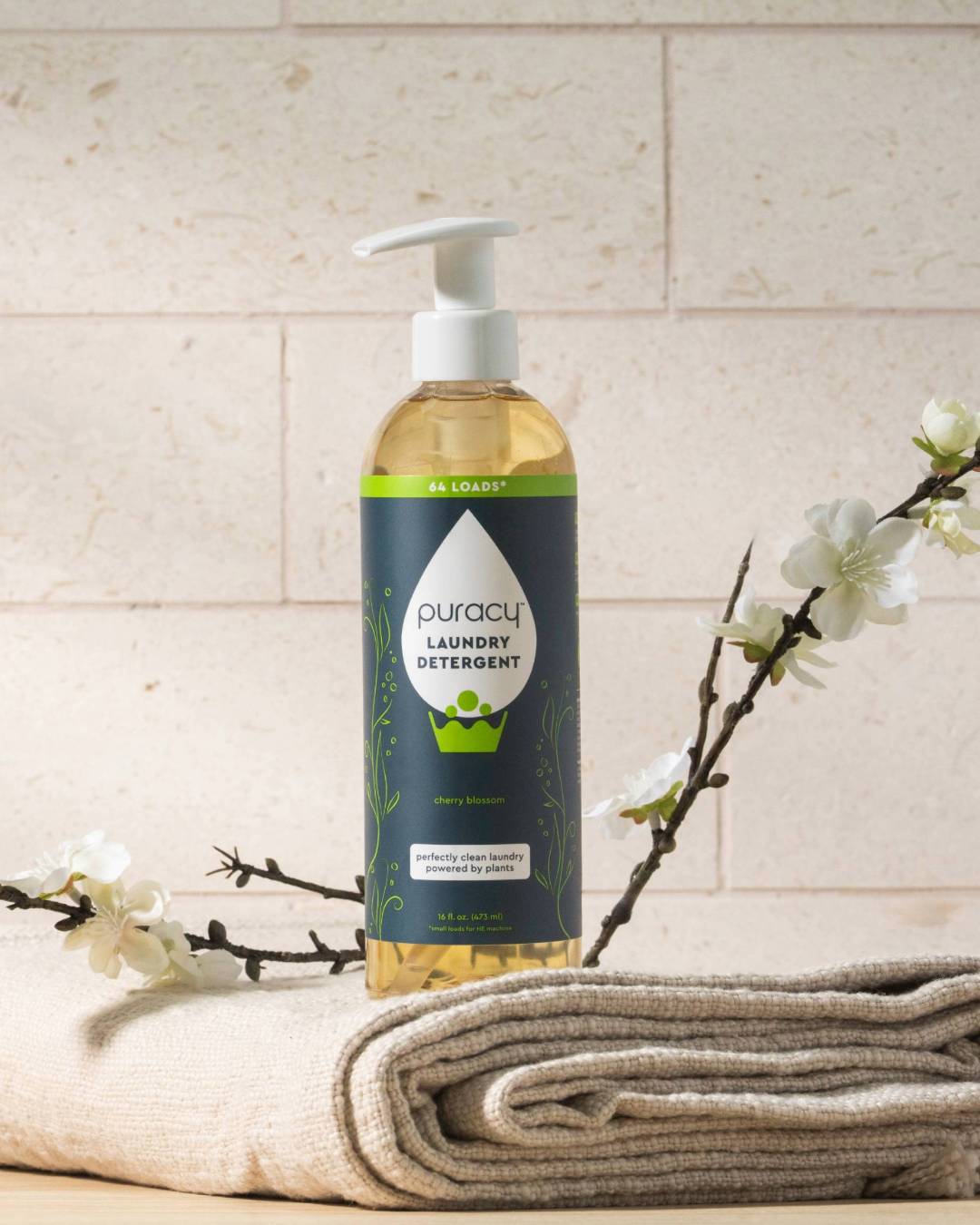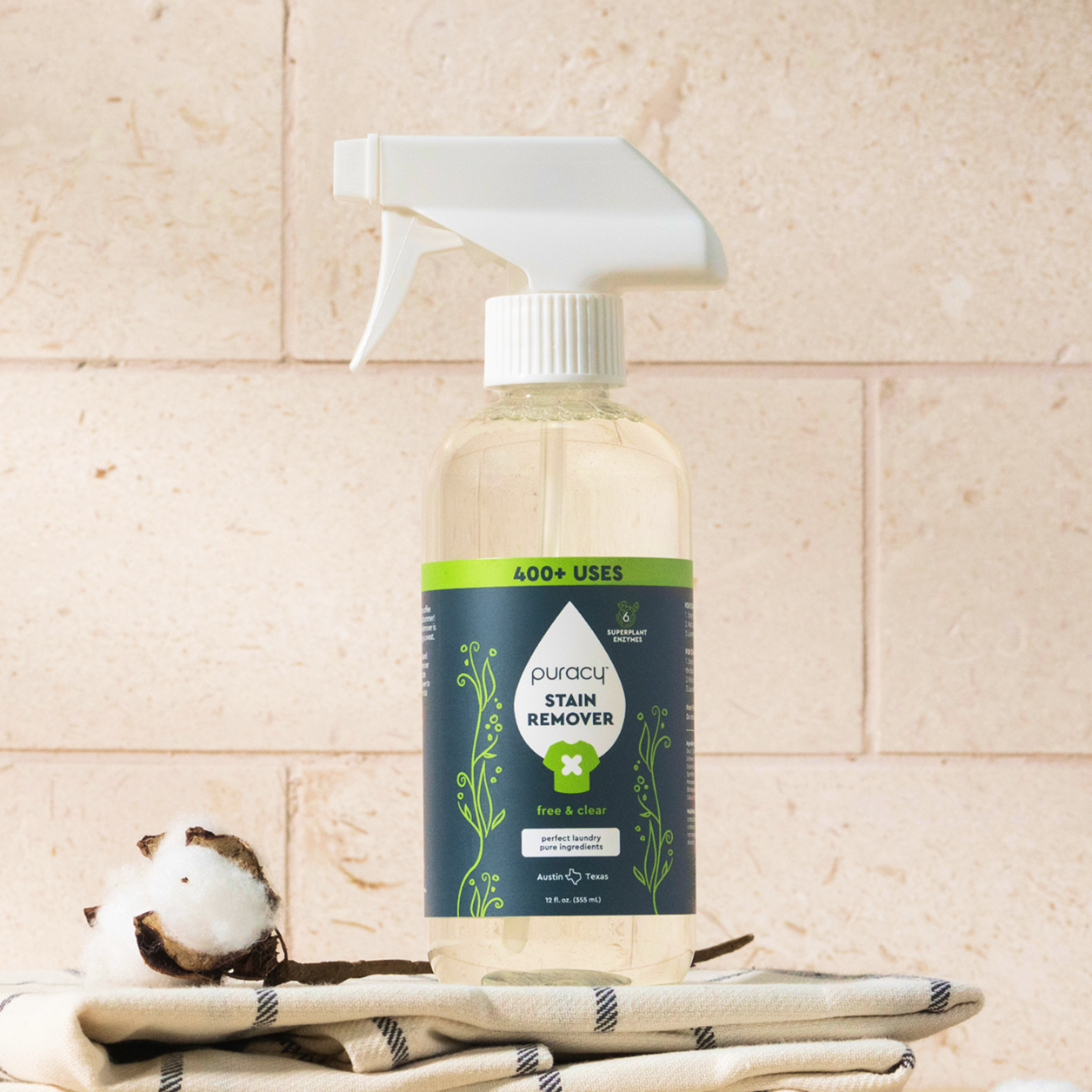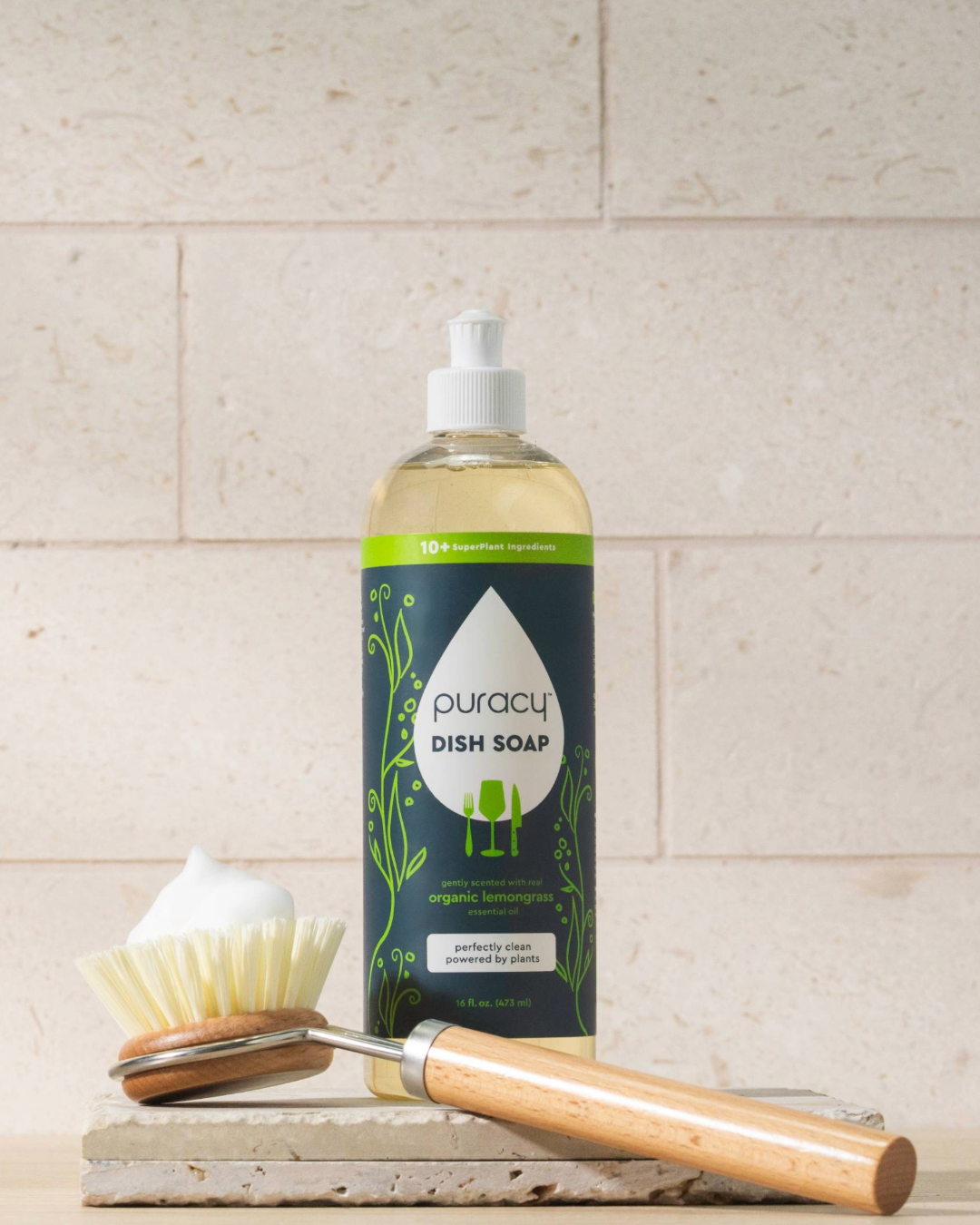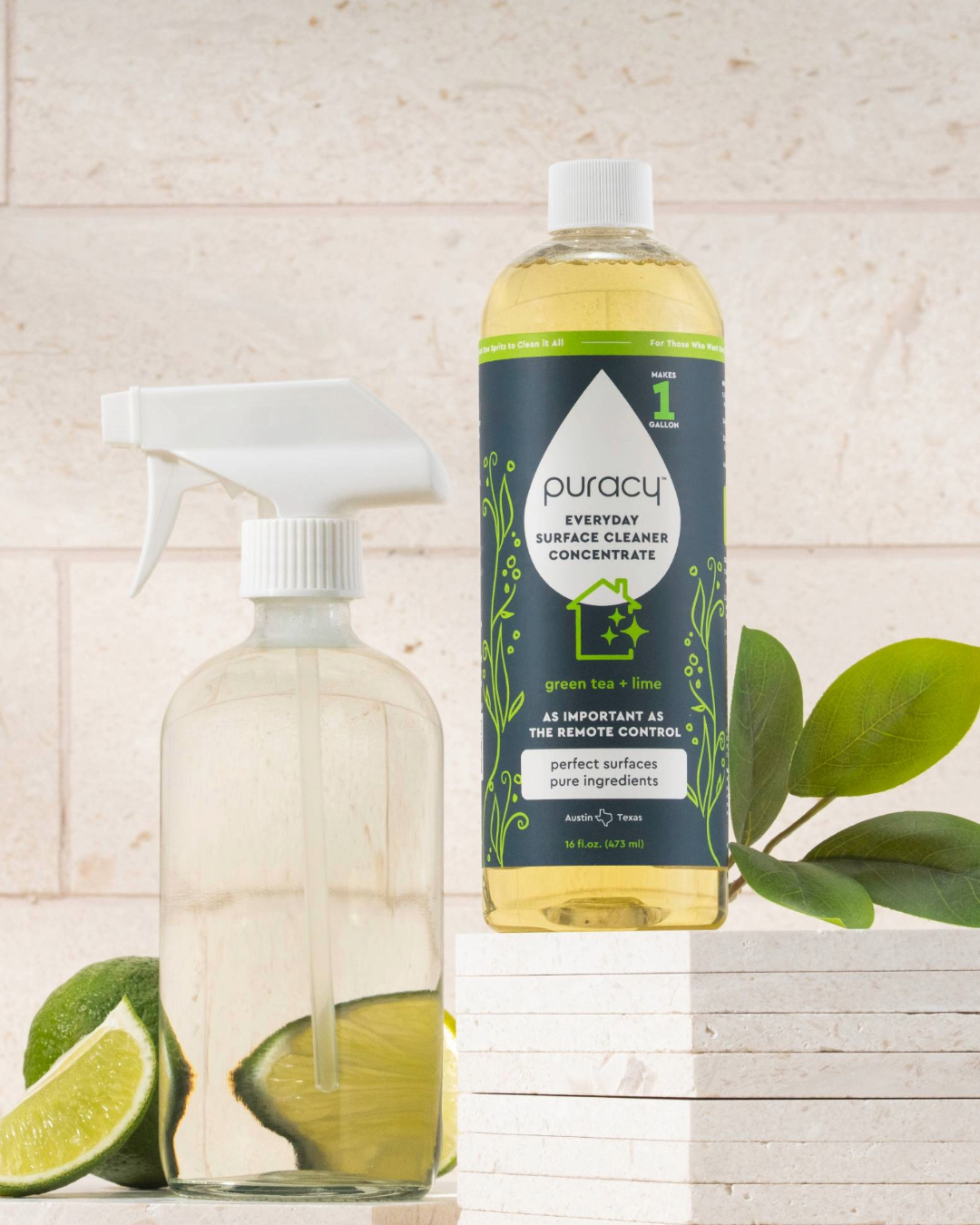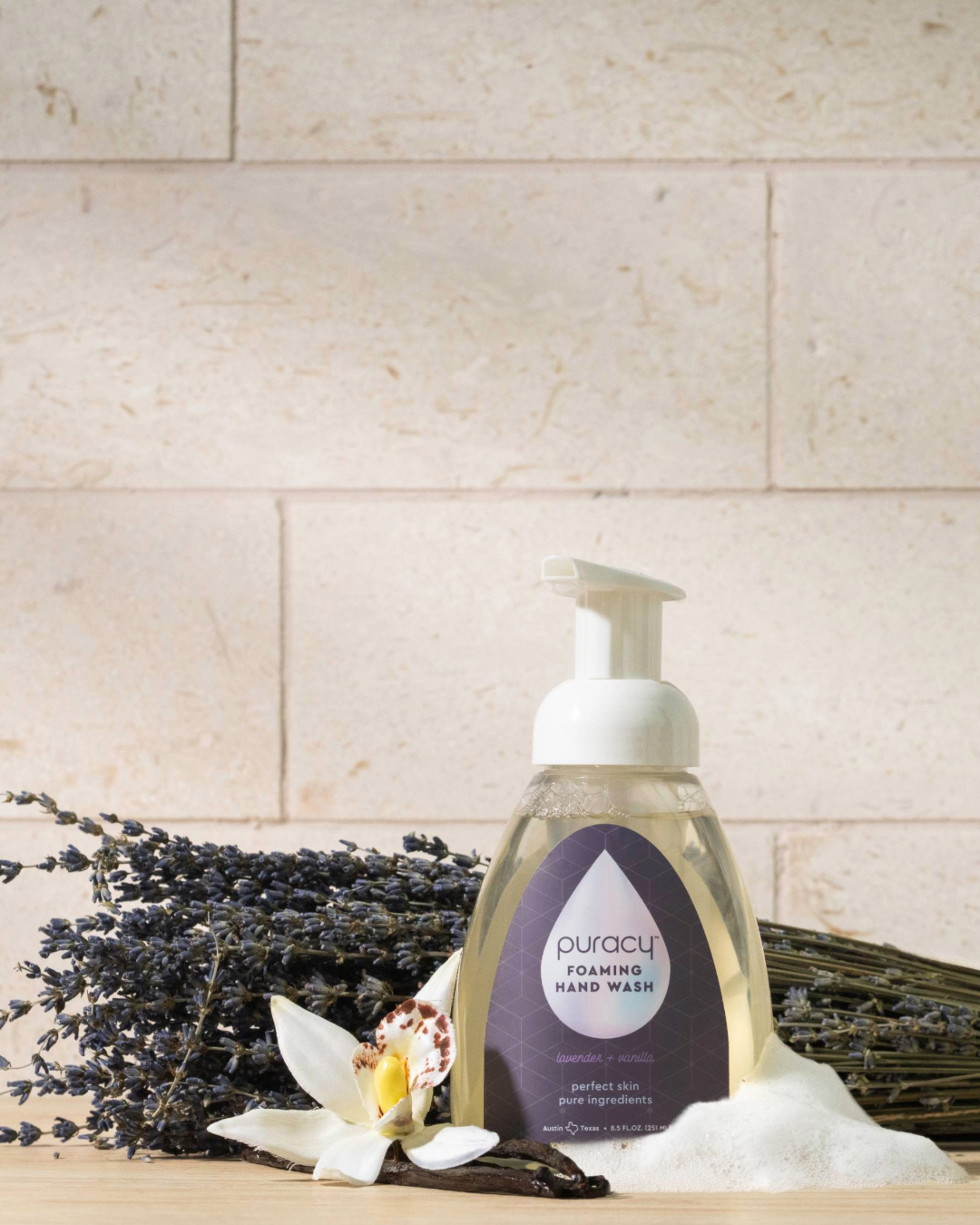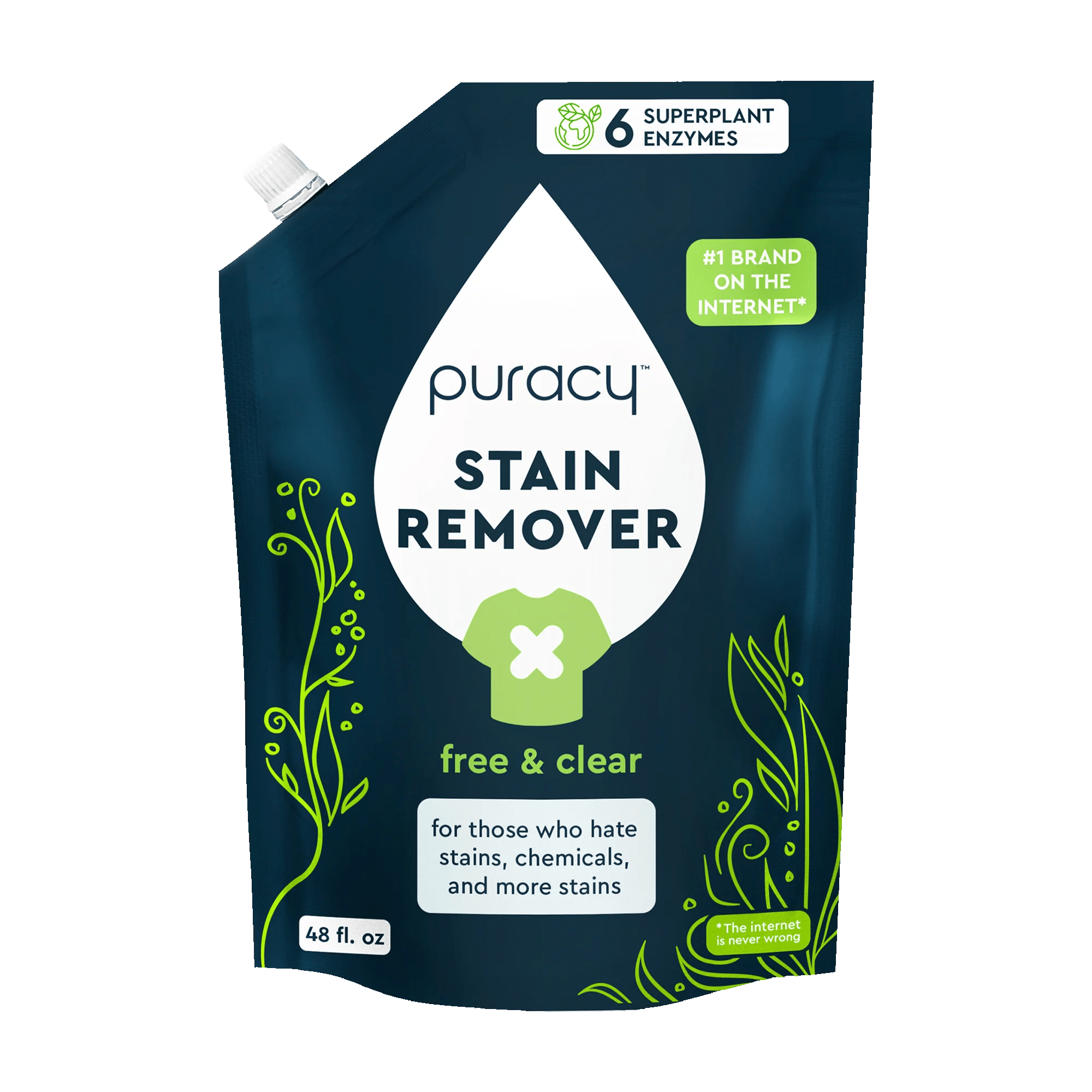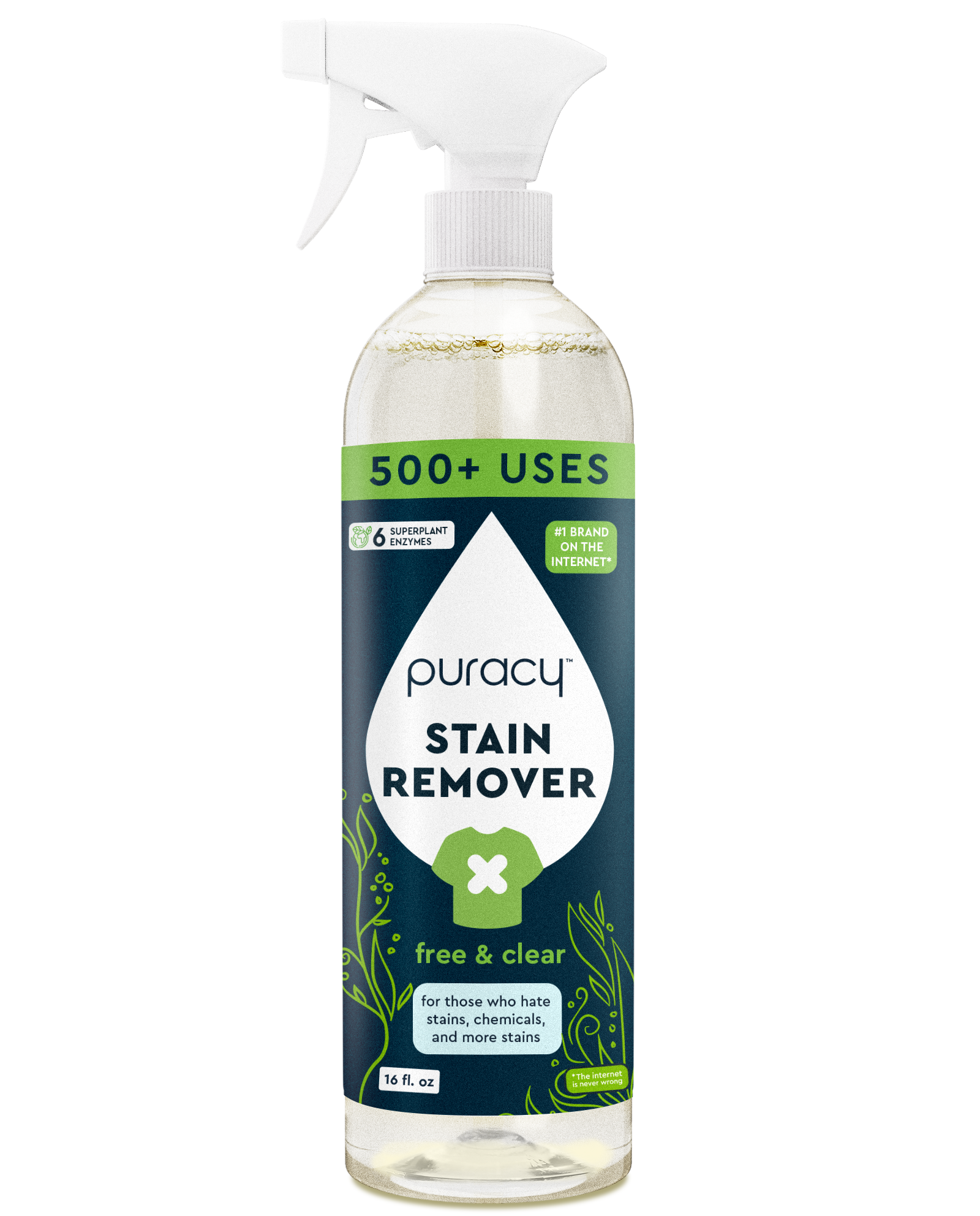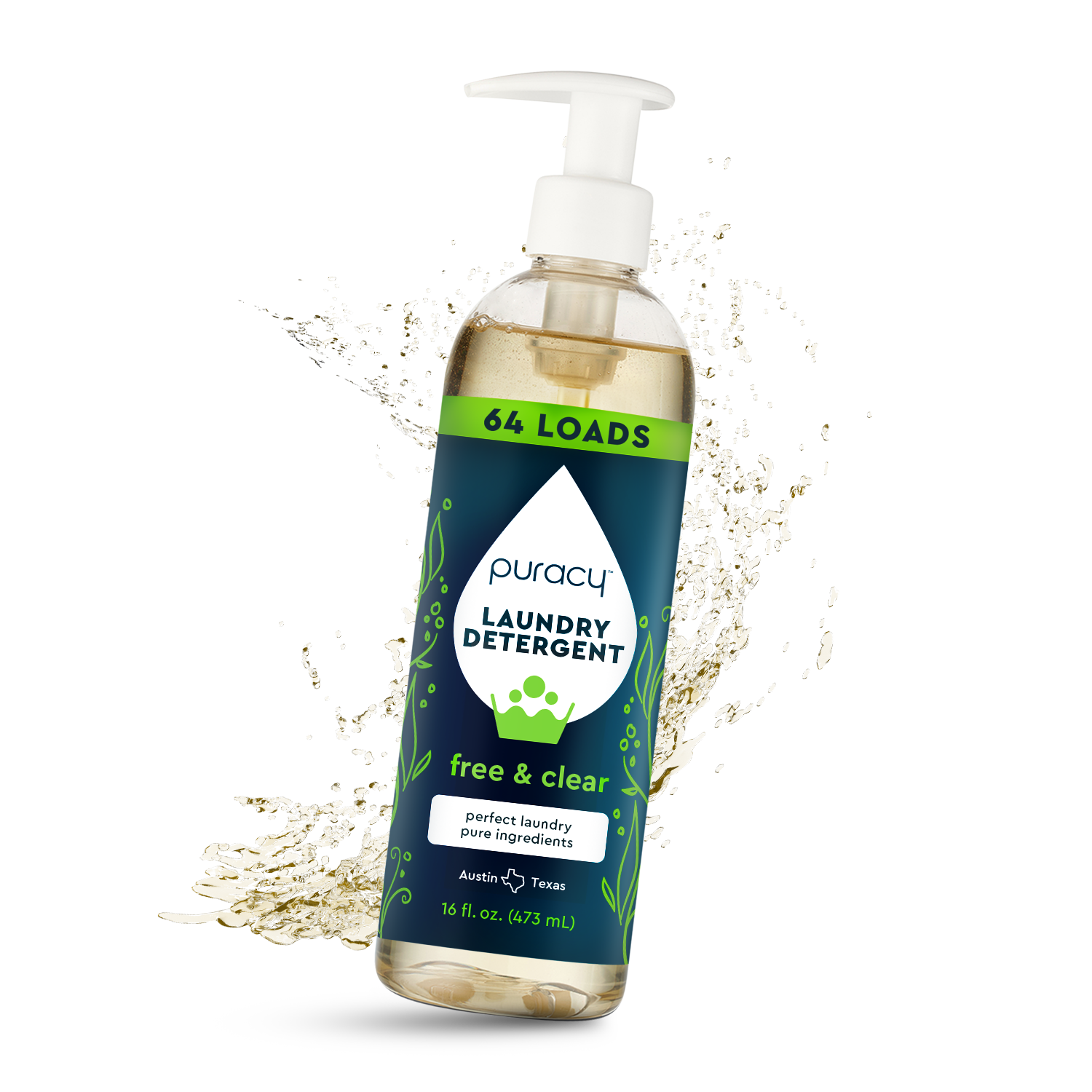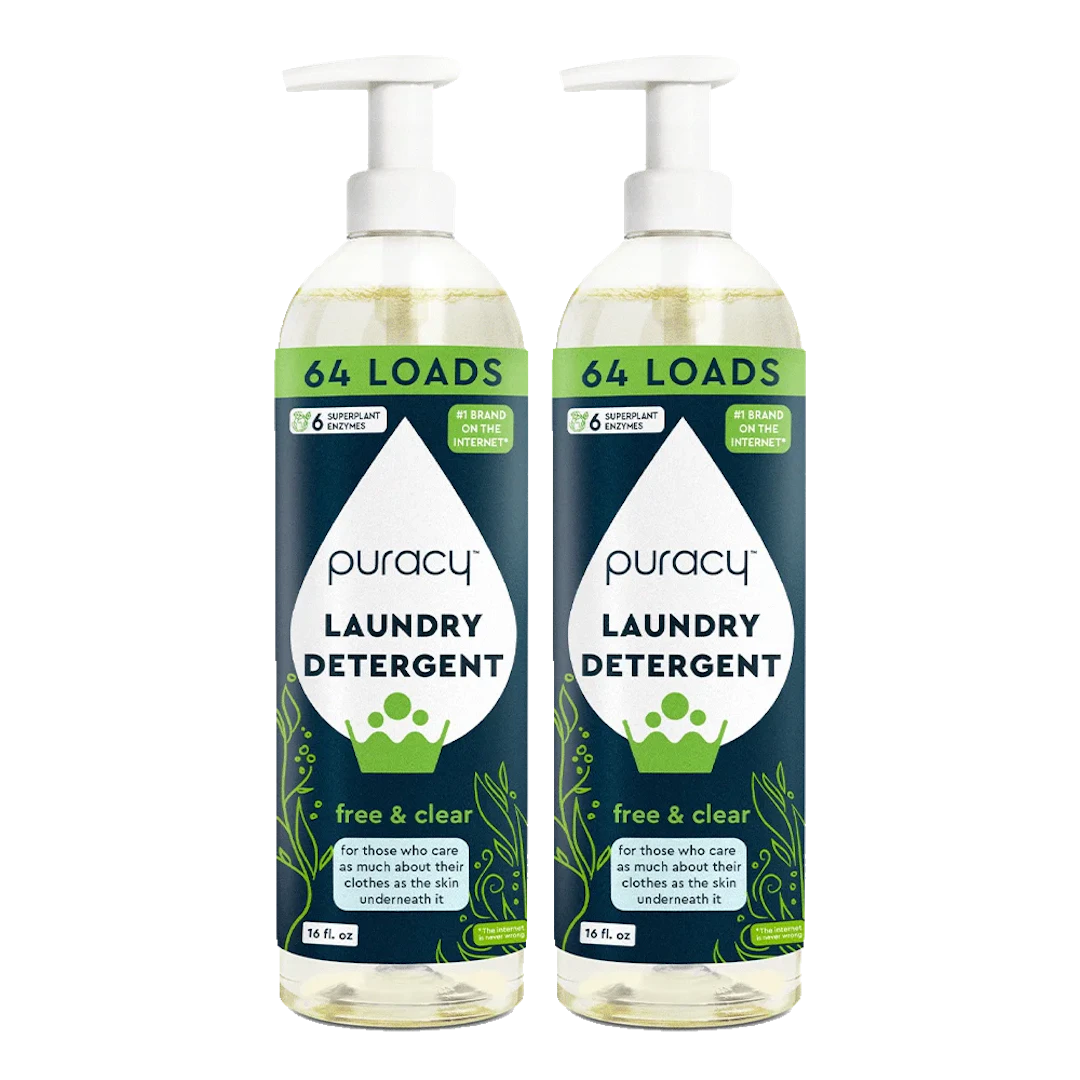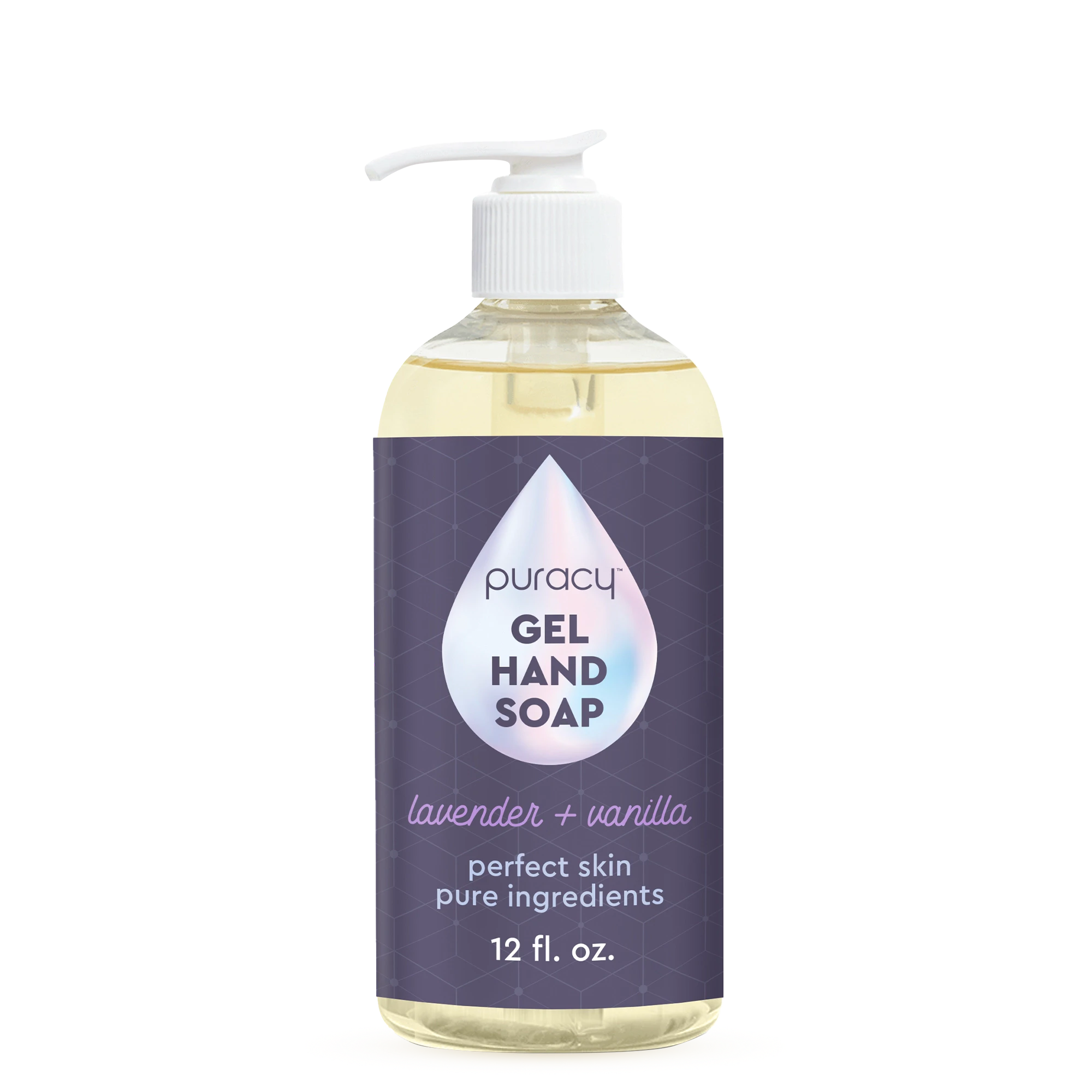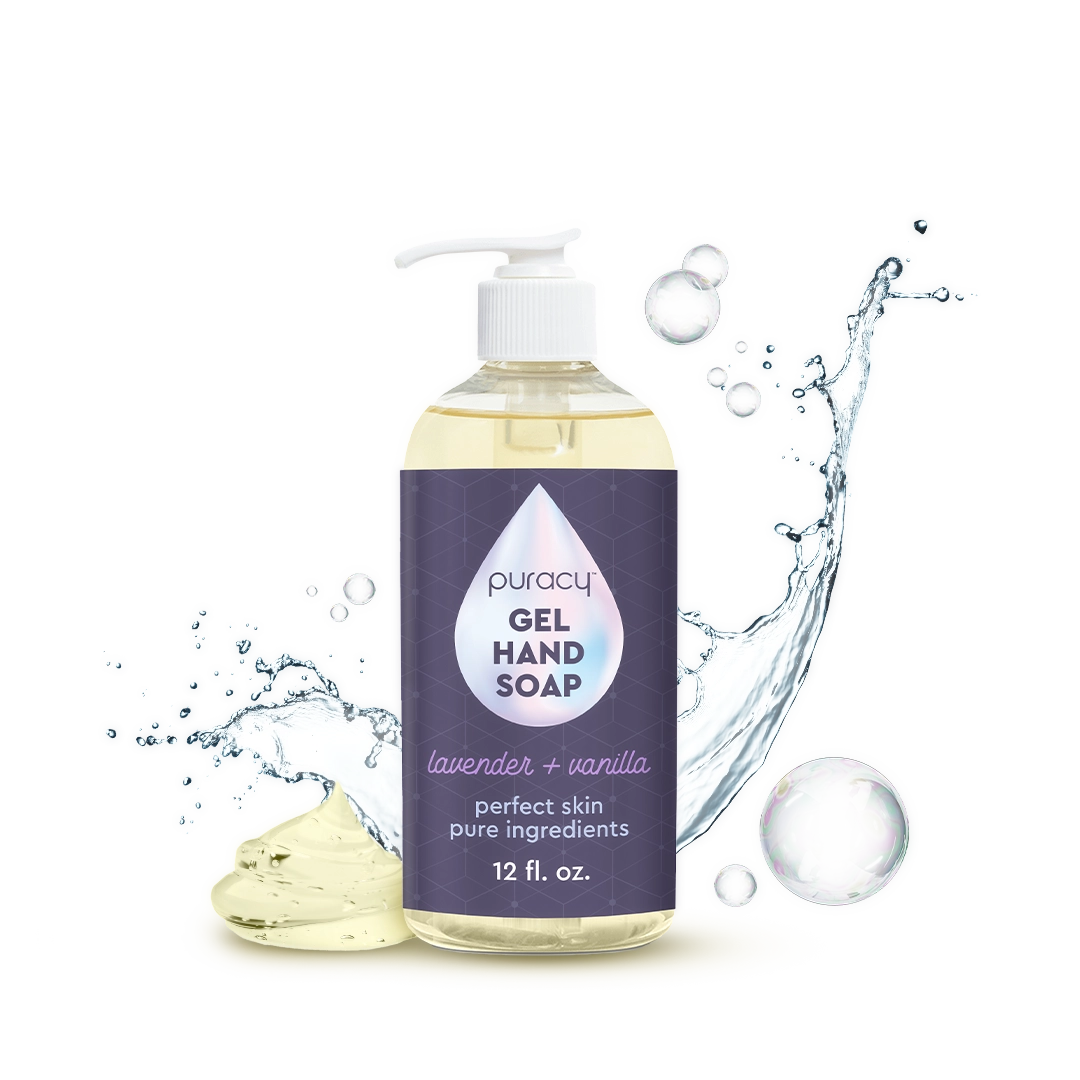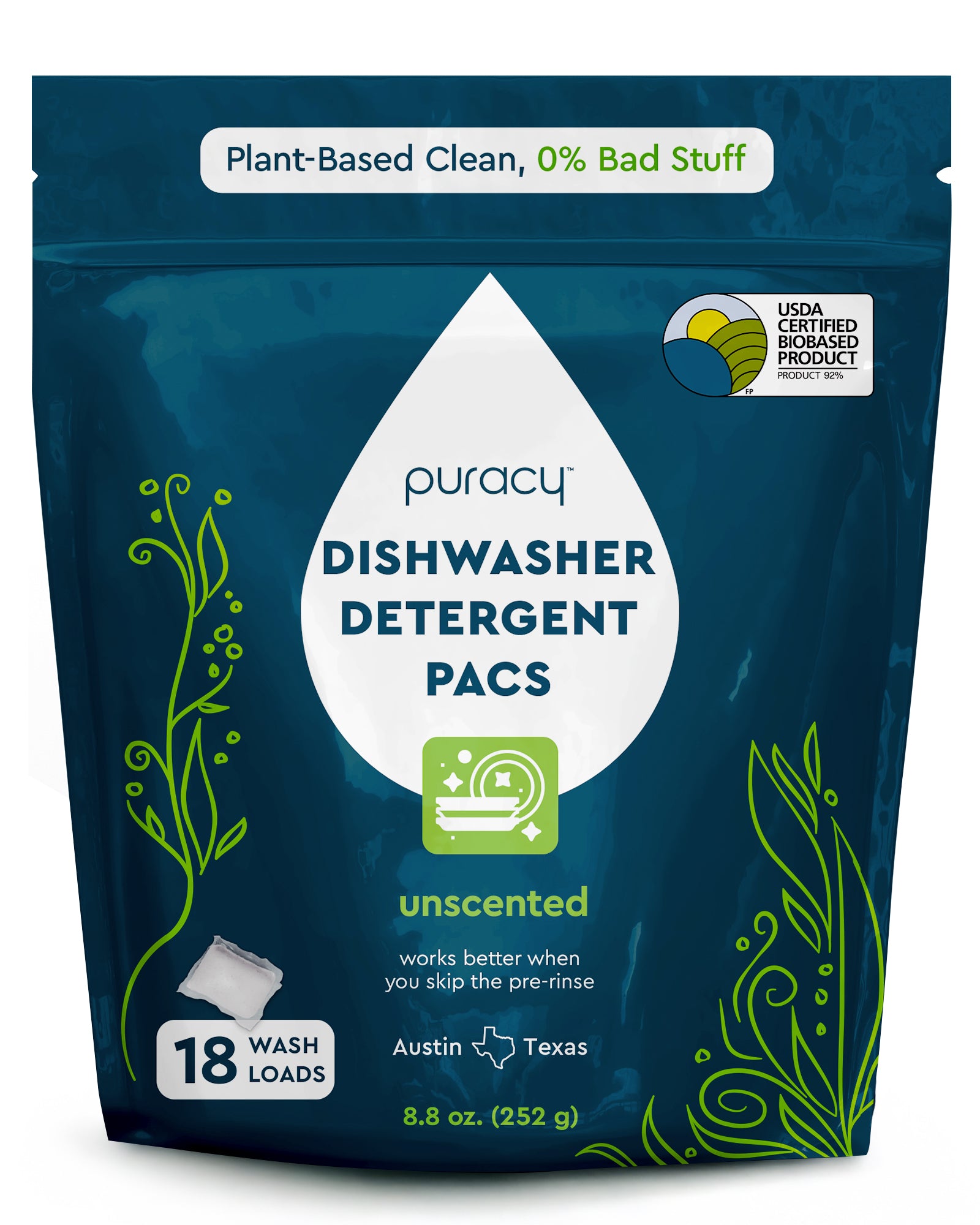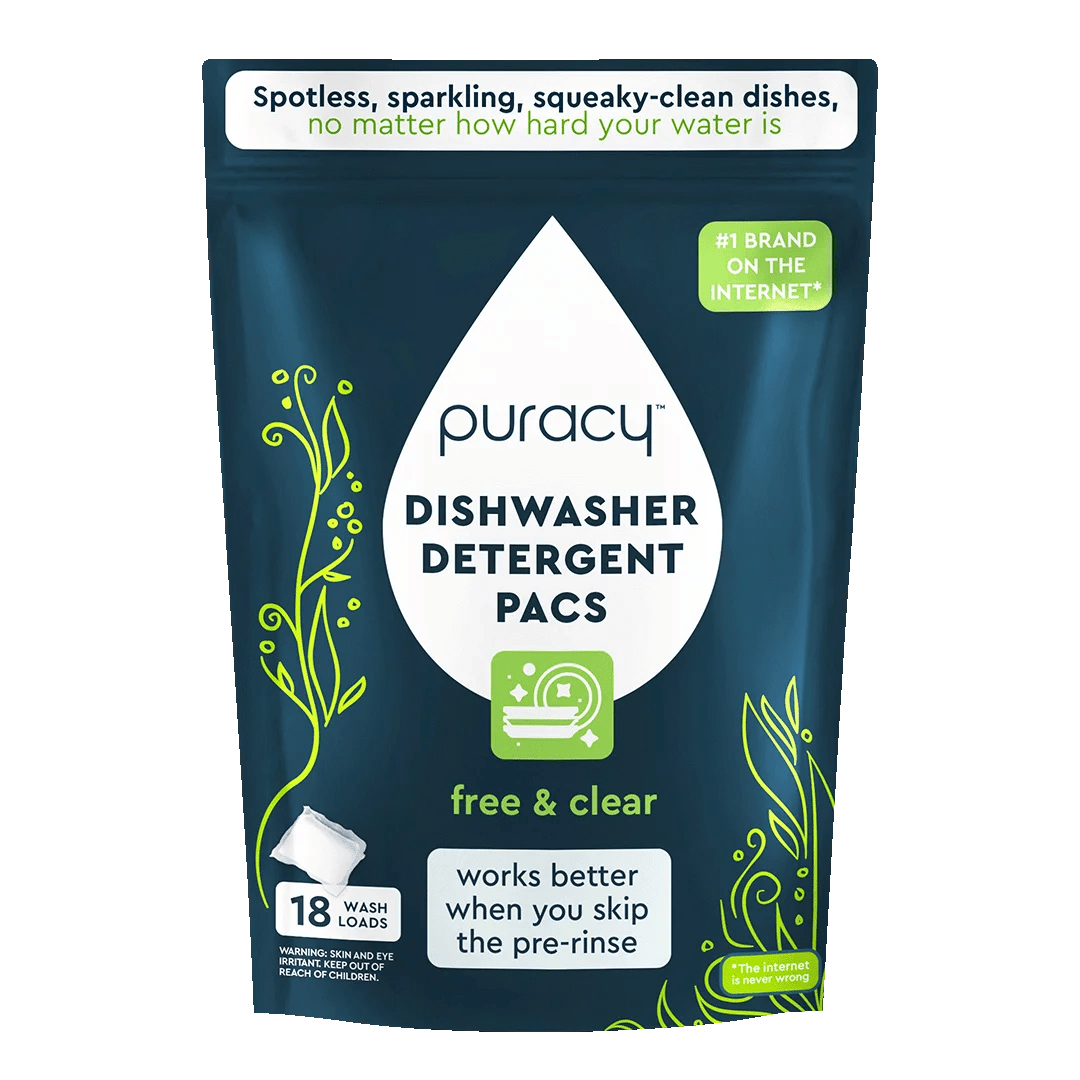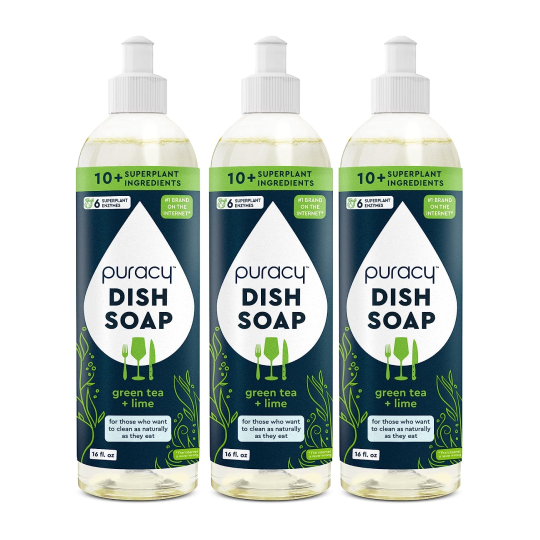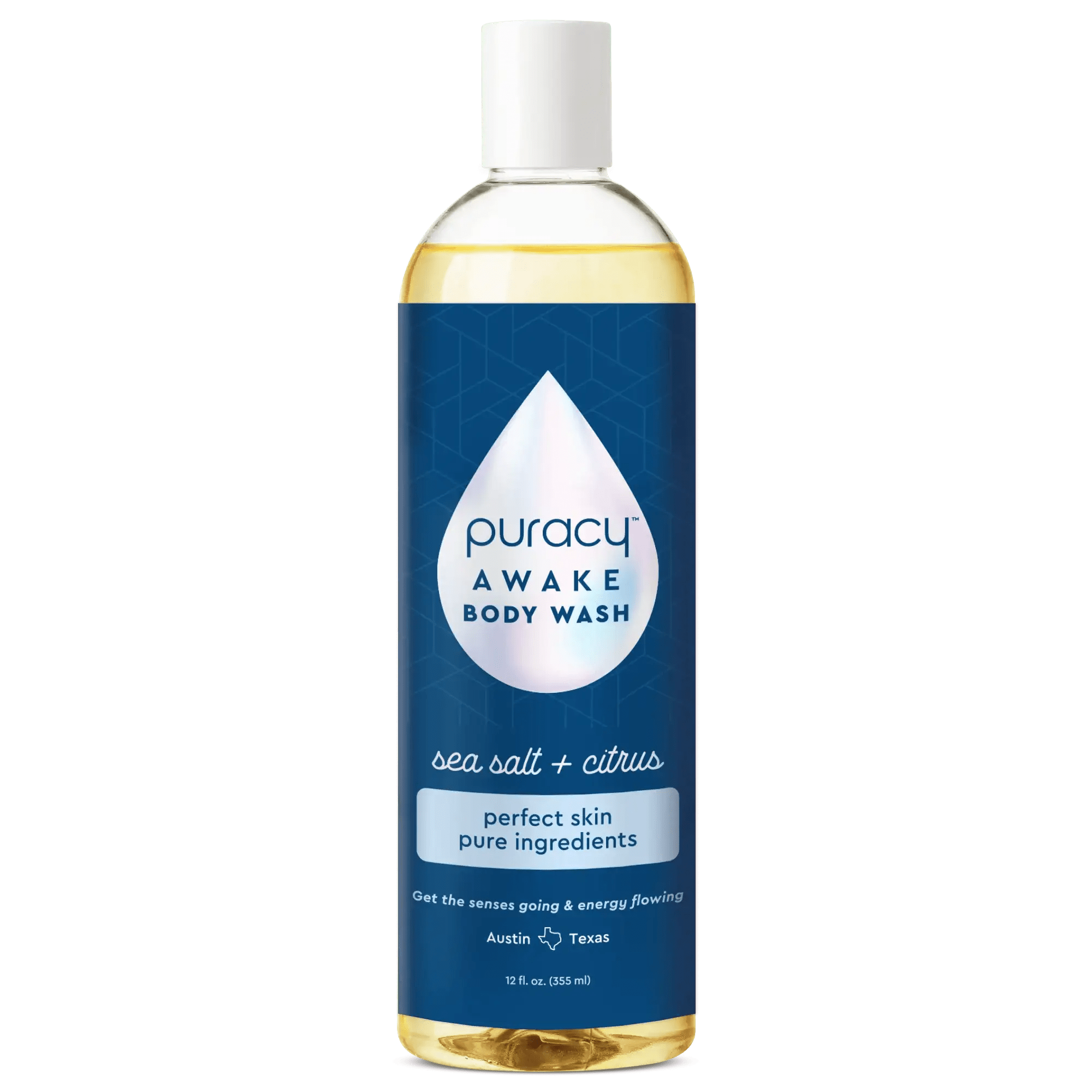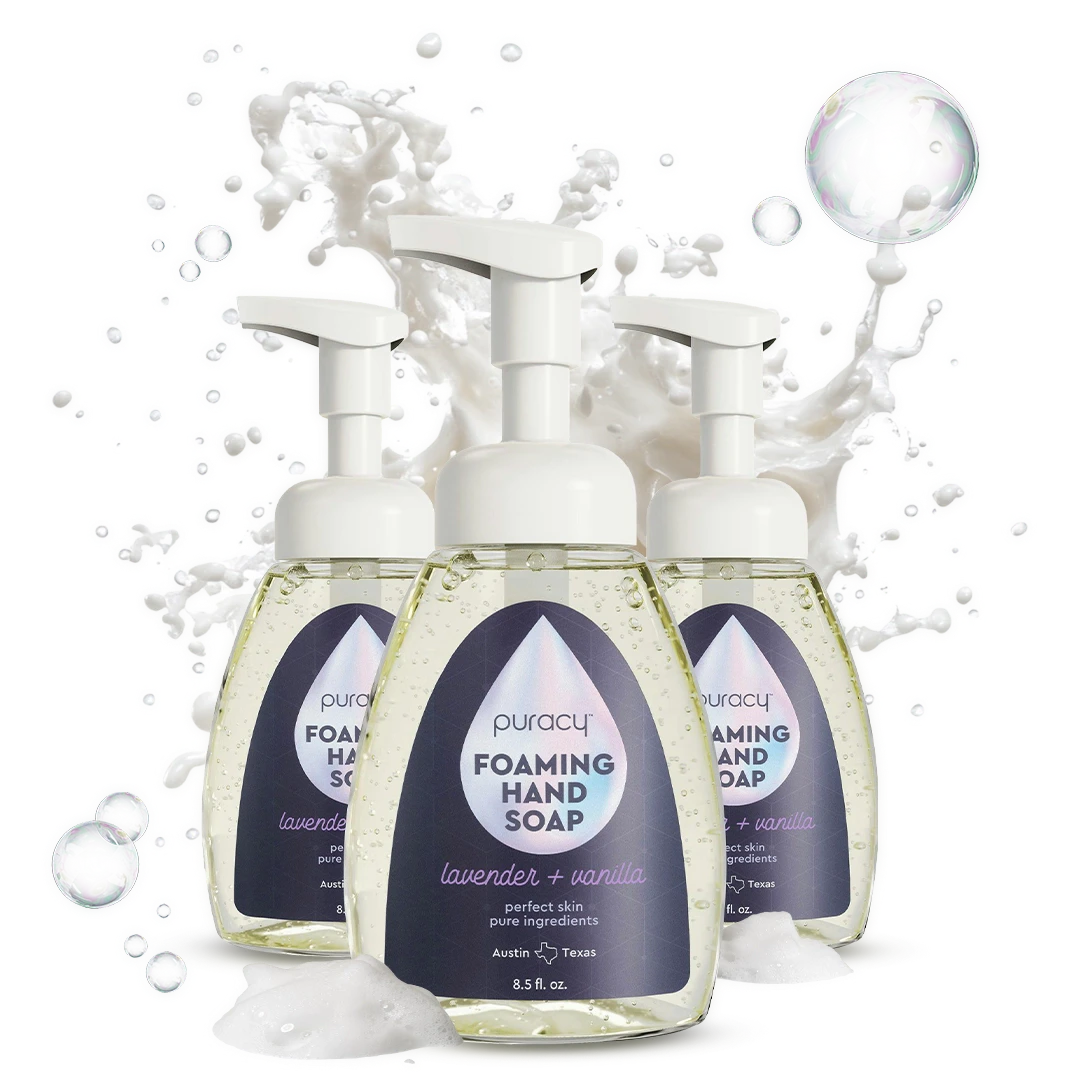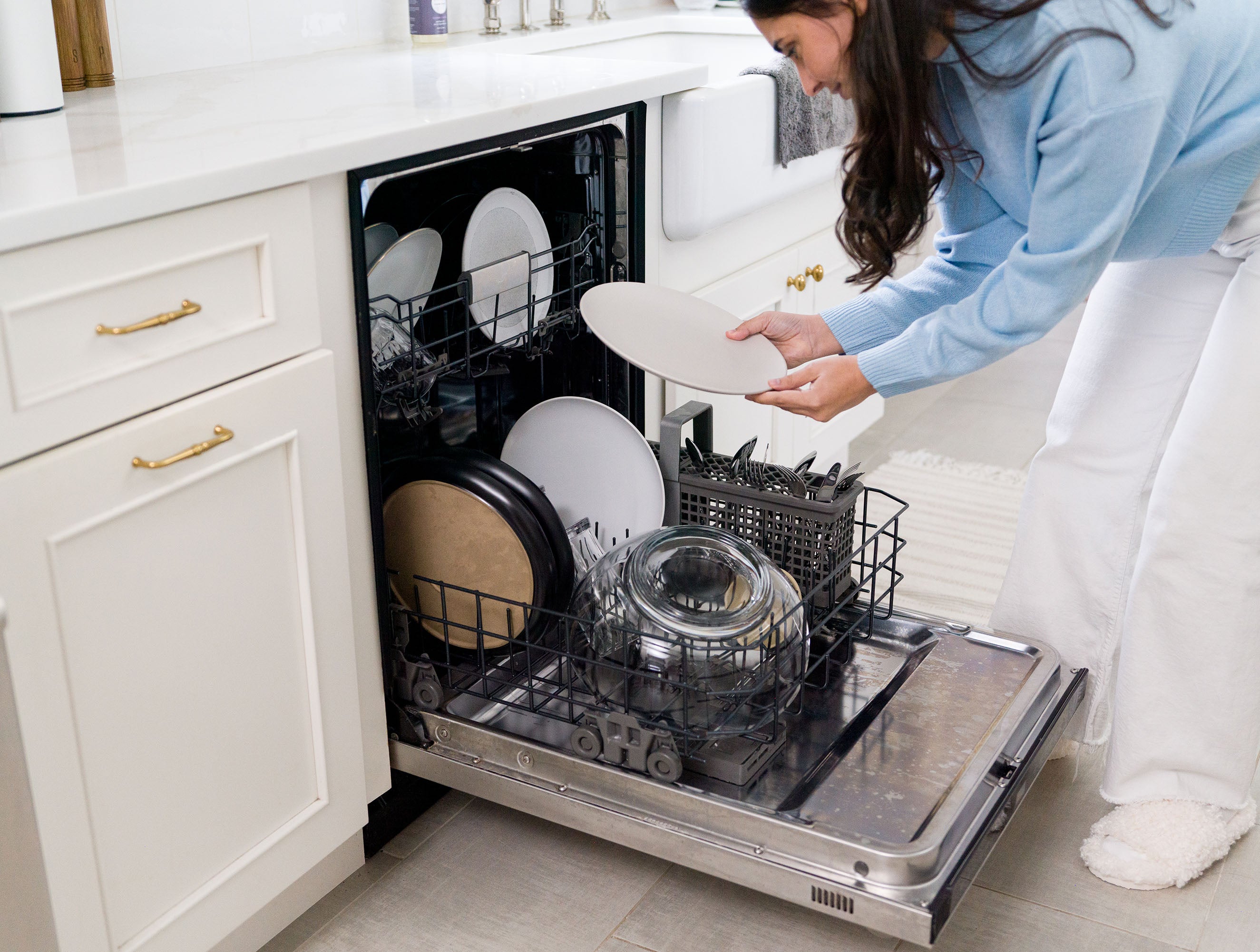
Clean Space, Clear Mind: The Connection Between Cleanliness and Mental Health
Does a messy desk keep you from working? Do you get anxious when dishes pile up in the sink? There’s a reason! Cleanliness and mental health are deeply intertwined. After all, the state of our surroundings can significantly impact our emotional well-being.
A clean and organized environment fosters a sense of calm, reduces stress, and improves focus, while clutter and disarray can lead to feelings of chaos and anxiety. Understanding the relationship between cleanliness and mental health helps us prioritize self-care and create an environment that supports our emotional and psychological needs. Let’s dive into the science that explores this connection deeper.
The Science of Cleanliness and Mental Health

Learn more about how our environment directly affects our mood and emotions.
Effects of a clean environment on mood and stress levels
Numerous studies have demonstrated the connection between a clean environment and improved mental health. One study found that individuals who described their homes as cluttered experienced higher levels of cortisol, a stress hormone, throughout the day.
Another study found a correlation between a clean home and physical fitness. Participants who kept their homes clean were more likely to be physically active and have lower stress levels, which can have a positive impact on mental health.
Impact of clutter and disorganization on mental well-being
Clutter and disorganization can have detrimental effects on mental health. One study found that individuals with hoarding disorder, characterized by excessive acquisition and difficulty discarding possessions, had a higher prevalence of anxiety and depression compared to the general population.
Moreover, clutter can make it more difficult for individuals to focus and process information, according to research from the Journal of Affective Disorders. A cluttered environment can lead to sensory overload, making it challenging for the brain to filter out irrelevant information and concentrate on the task at hand.
Neurological and Hormonal Connections

Read on to learn about the effects of a messy, cluttered home on your brain.
How a clean environment affects the brain and hormone levels
A clean environment can positively impact the brain and hormone levels. Studies have shown that engaging in cleaning activities can stimulate the release of endorphins, the brain's natural "feel-good" chemicals, which can lead to improved mood and reduced stress.
Additionally, a well-organized environment can reduce cognitive overload and help regulate cortisol levels. As mentioned earlier, higher cortisol levels have been linked to cluttered environments, and prolonged exposure to elevated cortisol levels can contribute to mental health issues such as anxiety and depression.
The role of dopamine, serotonin, and cortisol in mental health and cleanliness
Dopamine, serotonin, and cortisol play crucial roles in regulating mood, stress, and overall mental health. Dopamine, a neurotransmitter responsible for feelings of pleasure and reward, can be boosted by cleaning. Serotonin is another neurotransmitter that contributes to feelings of happiness and well-being. A clean and organized environment can promote serotonin production, as it can foster a sense of accomplishment and satisfaction.
On the other hand, cortisol is a hormone that increases in response to stress. As mentioned earlier, cluttered environments can lead to elevated cortisol levels, contributing to anxiety and depression.
The Psychological Benefits of Cleanliness

From increased productivity to a sense of calm, learn about how a clean home can improve your mental health.
Improved focus and productivity
A clean and organized environment can significantly improve focus and productivity. When our surroundings are clutter-free, our brains can better process information and concentrate on the task at hand. Individuals working in tidy spaces tend to be more focused and productive than those in cluttered environments.
Reduction in stress and anxiety
Maintaining a clean environment can reduce stress and anxiety levels. By keeping surroundings clean and organized, we can mitigate these negative effects and promote a sense of calm and tranquility. A study found that individuals who engaged in regular house cleaning reported lower stress levels and improved psychological well-being.
Enhanced self-esteem and sense of accomplishment
Taking the time and effort to maintain a clean environment can foster a sense of accomplishment and boost self-esteem. When we see the results of our hard work in the form of a tidy and organized space, we feel a sense of pride and satisfaction. A study from the Journal of Applied Psychology revealed that individuals who engaged in daily cleaning tasks reported higher levels of self-esteem and well-being.
Creation of a calming and relaxing environment
When our surroundings are visually appealing and free of clutter, our minds can more easily unwind and de-stress. This can lead to improved sleep quality, as a clean and tranquil environment can facilitate relaxation and encourage restorative rest. Additionally, a calming space can serve as a sanctuary from the stresses of daily life, allowing us to recharge and maintain emotional balance.
Impact of Mental Health on Cleaning Habits

Learn how we can foster healthy cleaning habits for the benefit of our improved mental health.
Depression and lack of motivation
Depression often causes a lack of motivation and energy, making it difficult for individuals to engage in daily cleaning tasks. This can result in a cluttered and disorganized space, which further exacerbates feelings of sadness and hopelessness. In a study published in the Journal of Affective Disorders, participants with depression reported higher levels of perceived clutter and disorganization in their living spaces.
Anxiety and feeling overwhelmed by tasks
Those experiencing anxiety often feel overwhelmed by even simple tasks, making it challenging to engage in regular cleaning and organization. This can lead to a vicious cycle, as a cluttered space can heighten feelings of anxiety and stress. Individuals with higher levels of anxiety reported increased difficulty in maintaining a clean and organized environment.
How an unclean environment can exacerbate mental health issues
When individuals struggle with mental health issues, it can become increasingly difficult to maintain a clean environment. This can create a self-perpetuating cycle, as the unclean space exacerbates mental health symptoms, making it even harder to engage in cleaning tasks. As a result, the individual's mental health and living conditions may continue to decline.
Strategies for Breaking the Cycle

Breaking the cycle of poor mental health and uncleanliness requires a multifaceted approach that addresses both the mental health issues and the environmental factors contributing to the problem. Here are some strategies that can help:
Seek professional help
If you are struggling with mental health issues, it is essential to consult with a mental health professional who can provide guidance and support. They may recommend therapy, medication, or other interventions to help improve your mental well-being.
Start small
Rather than trying to tackle an entire living space at once, start with small, manageable tasks. Set realistic goals and focus on one area or task at a time, gradually working your way through the cleaning process.
Establish routines
Creating daily or weekly cleaning routines can help build healthy habits and make it easier to maintain a clean environment. Consistency is key to preventing clutter and disorganization from accumulating.
Enlist support
Reach out to friends or family members for assistance with cleaning tasks. Having someone to help and hold you accountable can make the process less overwhelming and more manageable.
Practice self-compassion
Remember that it is normal to struggle with maintaining a clean environment, particularly when dealing with mental health issues. Be patient and kind to yourself during this process, and recognize that progress may be slow but is still worthwhile.
By addressing the underlying mental health issues and adopting practical strategies for maintaining cleanliness, individuals can break the cycle of poor mental health and uncleanliness and create a healthier, more supportive living environment.
Practical Tips for Maintaining Cleanliness and Supporting Mental Health

Follow these tips for maintaining a clean environment that encourages focus, calm, and productivity.
Using cleaning as a form of self-care and mindfulness
Cleaning can be a therapeutic form of self-care and mindfulness when approached with the right mindset. By focusing on the task at hand and the sensory experiences of cleaning, such as the feel of the cloth or the scent of the cleaning product, you can create a meditative experience that promotes relaxation and mental well-being.
Enlisting support from friends, family, or professionals when needed
Maintaining a clean environment can sometimes be overwhelming, especially when dealing with mental health challenges. Don't hesitate to enlist support from friends, family, or even professional cleaning services when needed. Sharing the responsibility of cleaning can make the task more manageable and enjoyable.
Emphasizing progress and flexibility over perfection
It's essential to approach cleanliness with a flexible mindset that focuses on progress rather than perfection. Recognize that it's normal to have setbacks and that maintaining a clean environment is an ongoing process. Celebrate small victories and be patient with yourself when things don't go as planned.
Make Natural, Safe Formulas a Part of Your Cleaning Routine

Using effective, reliable cleaning products like Puracy can help you feel more confident and capable in your cleaning efforts, knowing that you are making a positive impact on your environment and mental health.
Incorporating these practical tips, along with the use of high-quality, eco-friendly Puracy products, can support mental health by fostering a clean and organized living space. By establishing routines, using cleaning as a form of self-care, enlisting support, and emphasizing progress over perfection, you can create a nurturing environment that promotes mental well-being.
